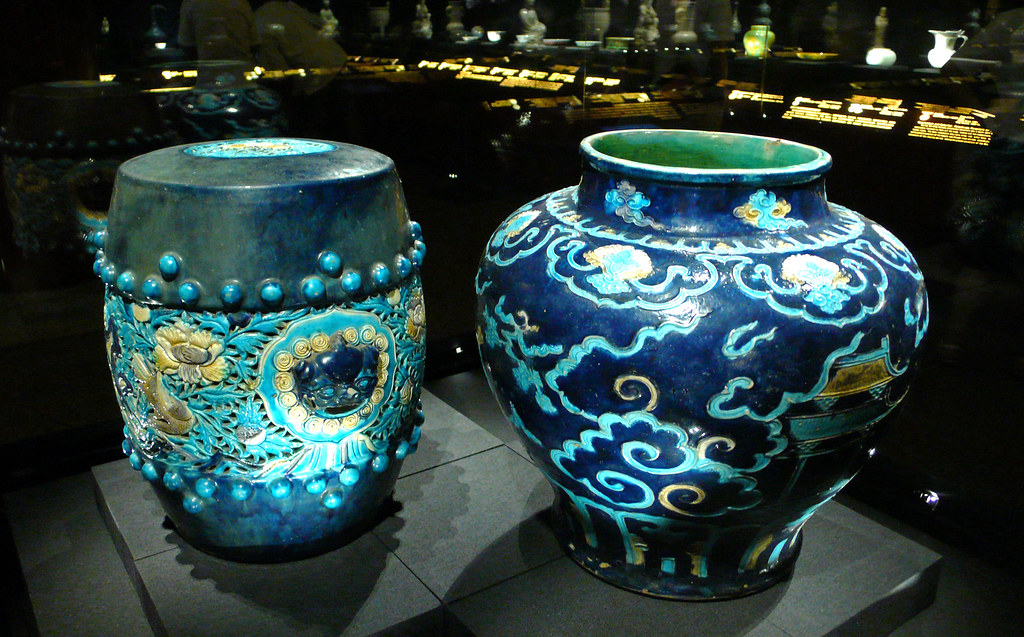Weng Yangon, head of the Jingdezhen Institute of Imperial Kilns in Jingdezhen, one of the world-renowned “ceramic cities,” said that there are more than 100 pieces of “genetic” information that can be traced back from just a part of an ancient ceramic piece, providing, but not limited to, information on the body, glaze, and coating, according to the Chinese Xinhua agency.
Wong explained that it is also expected to restore the operating methods of the kilns and the composition of raw materials for the ancient ceramic samples.
The researchers will use an X-ray fluorescence analyzer and other state-of-the-art equipment to make “genetic” samples in both physical and digital forms. The first batch, which includes nearly 10,000 ancient ceramic samples, is scheduled to be completed in just a year and a half.
“After the gene bank is completed, we would like to share the data with academic institutions at home and abroad, to promote research projects on the world ceramic civilization, and build an international platform for the exchange of ceramic culture,” said Wong.
The gene bank will be jointly built by the Jingdezhen Institute of Imperial Kilns, Peking University, Tsinghua University, the Imperial Palace Museum, and the Shanghai Institute of Ceramics affiliated with the Chinese Academy of Sciences.
According to egypttoday.com. Source of photo: internet















